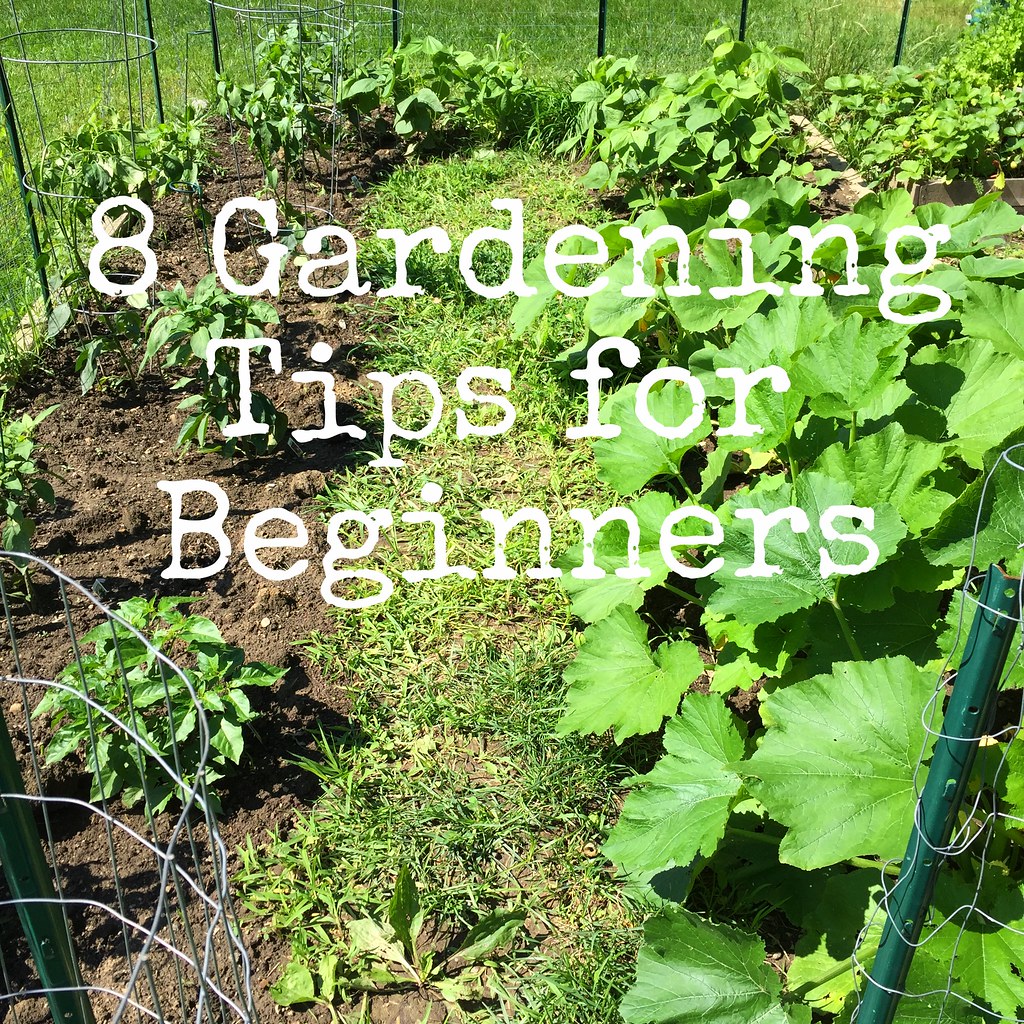
I haven't always wanted to grow my own food. I didn't even really understand where food came from for a while (besides that it came from farmers). As I started reading about nutrition and started cooking for myself, I wanted to see and be a part of the entire cycle of seed, plant, harvest, eat.
I read a little about gardening, but any gardener will tell you, the best learnings come from your garden (your success and failures), not from a book. Every garden is different, as is every gardener. You may have a patio with a couple pots or an acre of tilled soil. That dirt could have come from a bag or be rocky clay like mine was. I wanted to pass on my learnings because failure can be hard to overcome and can kill all motivation to grow your own food. But with these few tips, hopefully you'll bypass any setbacks and have success from year one!
2. You can use fertilizer and still grow things organically! I was so scared to use fertilizer when I started. Just the thought of whatever the plant eats will be in the vegetable which I will eat... ick! Well, my plants didn't grow because they didn't have enough nutrients in my awful dirt. I grabbed some organic fertilizer the next year and had much better results! Now I add it once when I'm planting and once mid growing season.
3. Don't neglect your garden halfway through! This one is still hard for me... I put it quite a bit of energy in the beginning; planting, weeding, watering, observing. Then summer comes and I want to do other things. The dirt dries up, the weeds take over, and the vegetables that are growing are forgotten. So pick a day of the week and spend 30 minutes watering and weeding. You'll know what's going on in your garden and harvest a lot more.
4. There are good and bad bugs. Some bugs can eat away at your entire garden if they invite their friends... others make your garden possible. Worms, ladybugs, fireflies, and pollinators (bees, butterflies, etc) are all garden friends. Slugs, caterpillars, grasshoppers, aphids, and most beetles are all trying to eat things in your garden before you do. Spray them off with a hose or use an organic insecticide (but not within one week of harvesting), I use diluted neem oil.
5. Most vegetables need one inch of water per week. If you have your plants in pots, it dehydrates faster, so water at least twice a week. And fully saturate the soil you're watering. The deeper the water grows, the deeper the roots grow. The deeper the roots, the bigger the plant. The bigger the plant, the more veggies you'll get! Also, if the water is underneath the surface, the sun can't zap it away.
6. When planting, dig deep. Especially with clay or rocky soil, when you dig out a hole that is deeper and wider than the plant actually needs, you have loosened up that soil so its roots can easily grow down and out making a stronger plant. Add some fertilizer at the bottom mixed with some loose soil... and those roots will reach down for it!
7. You might need a fence. If you have deer, rabbits, or dogs in your yard, you have just planted a buffet. I tried scarecrows, shiny items, noisy stuff, fake snakes, dog fur... so many things to keep the deer away. Nothing works quite as well as a cheap wire fence.
8. Know how much sun your garden will get. If your garden location doesn't get much sun, chances are good that you won't have much luck with tomatoes, peppers, or eggplant. If it gets full sun... you're lettuce and cabbage will bolt before you can harvest anything leaving bitter greens (but your tomatoes will be prolific!).
Now that you have the tips, you'll need some tools. Gardening should be a "cheap" hobby. As with any hobby, it's easy to spend more money than necessary. Here are four tools you will need to start...
link to my shovel (which I looove)
And a couple that come in handy...
Gardening is great for giving you time to think and reflect. It's almost like meditation, but you're getting your hands dirty and fresh food. The past several years I have spent gardening has really made me feel closer to my food. Not just the stuff I grow myself, but knowing and understanding how the whole cycle works increases your appreciation of all food!
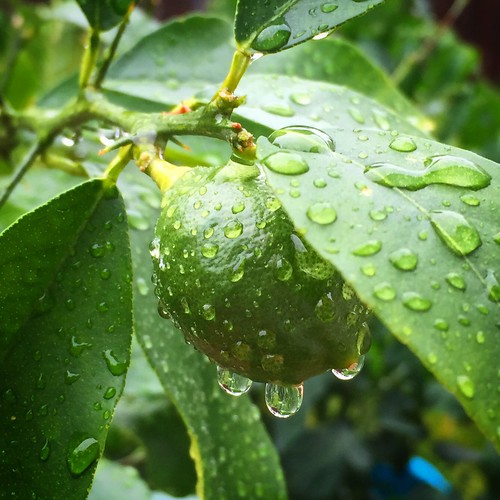
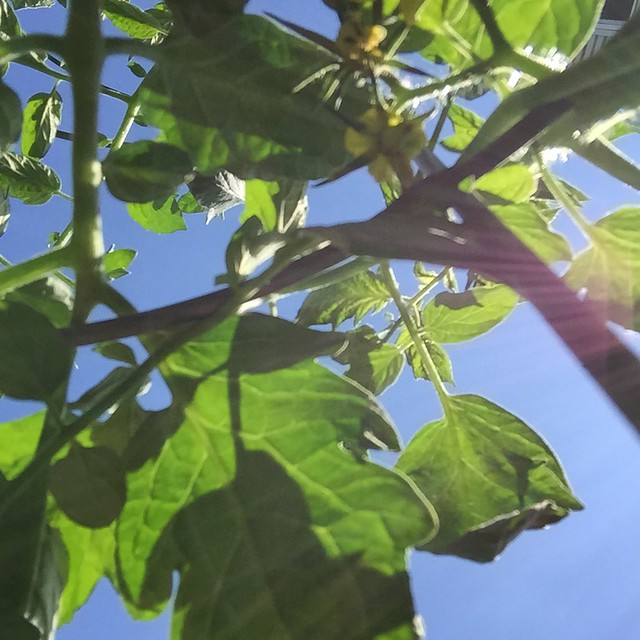
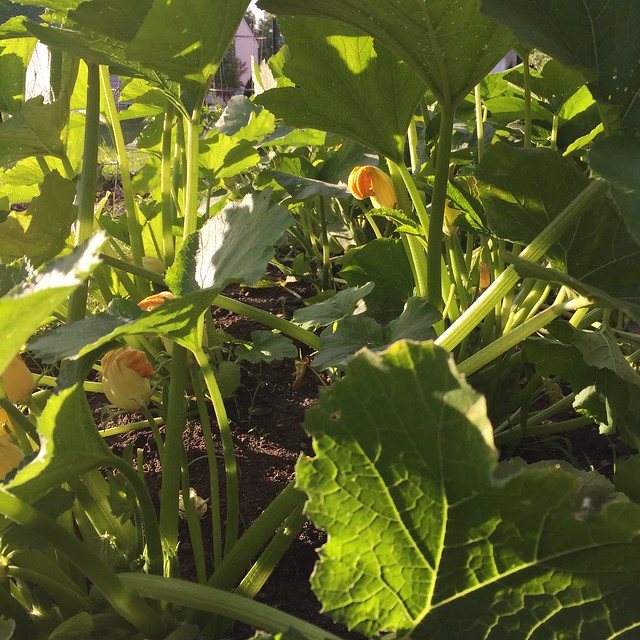
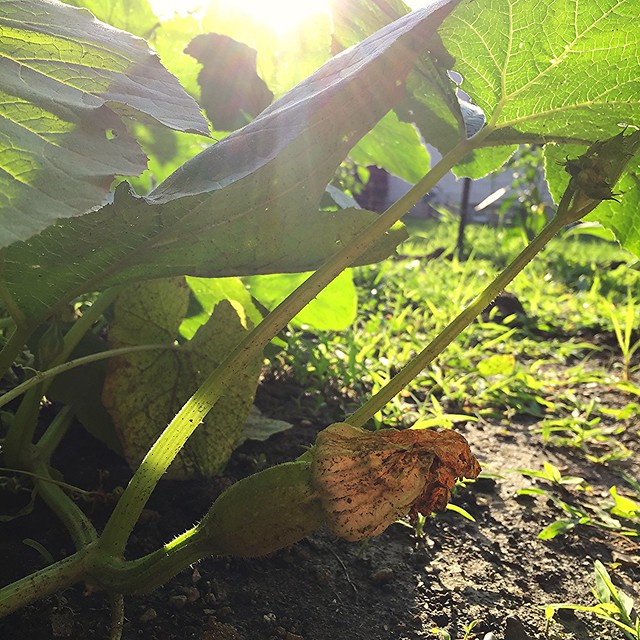
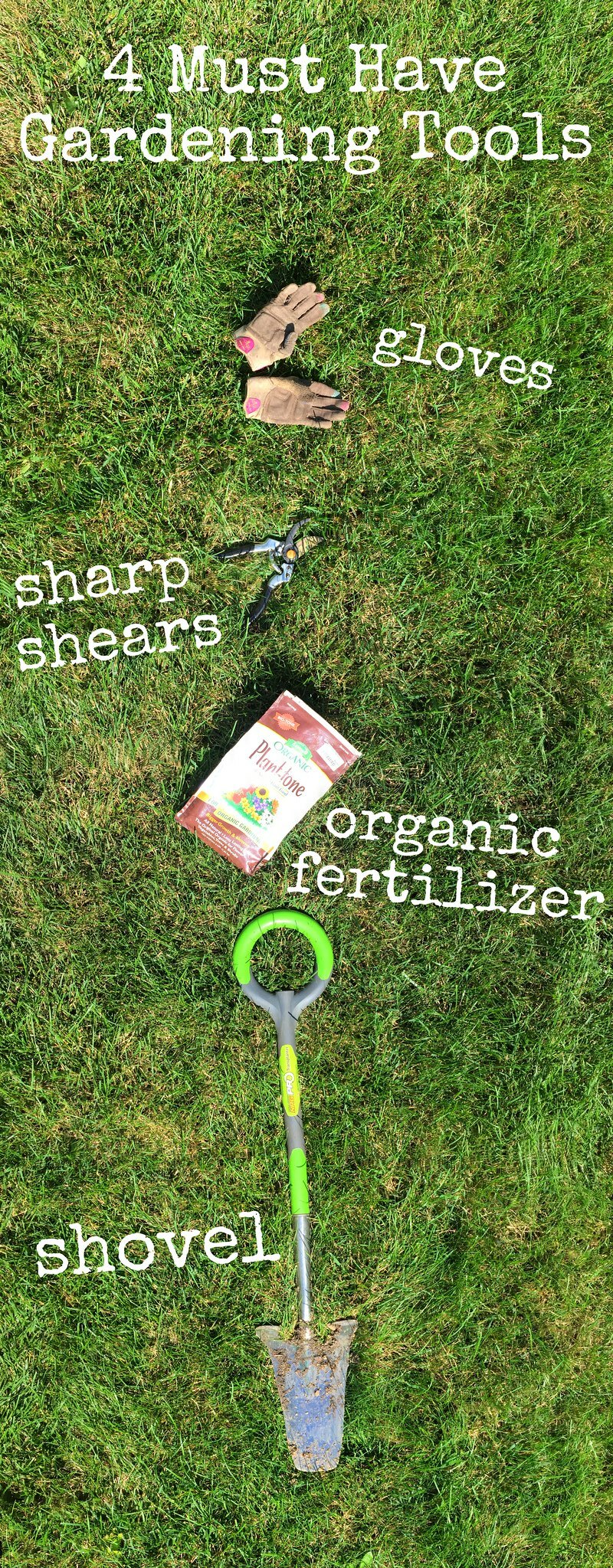
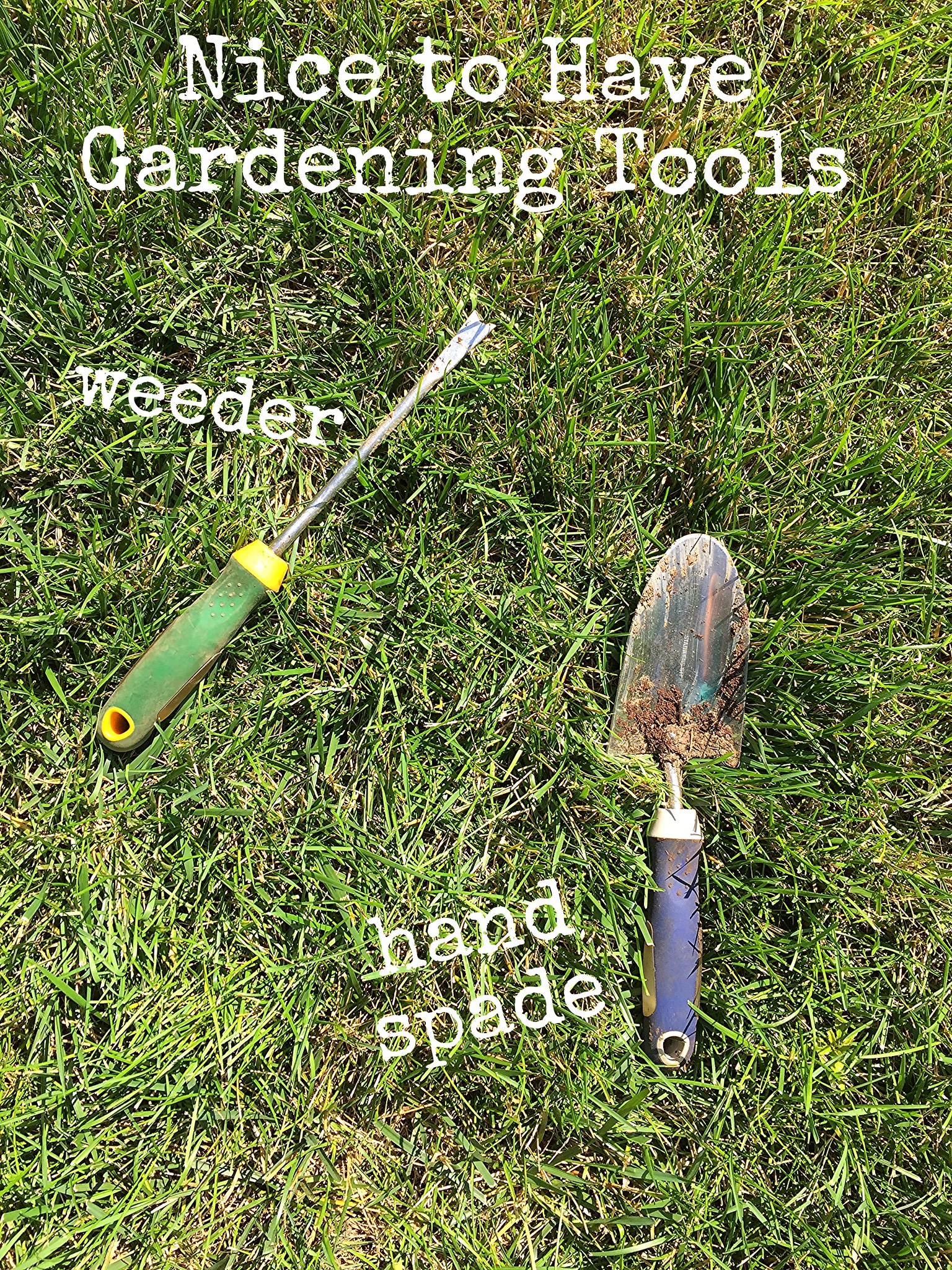
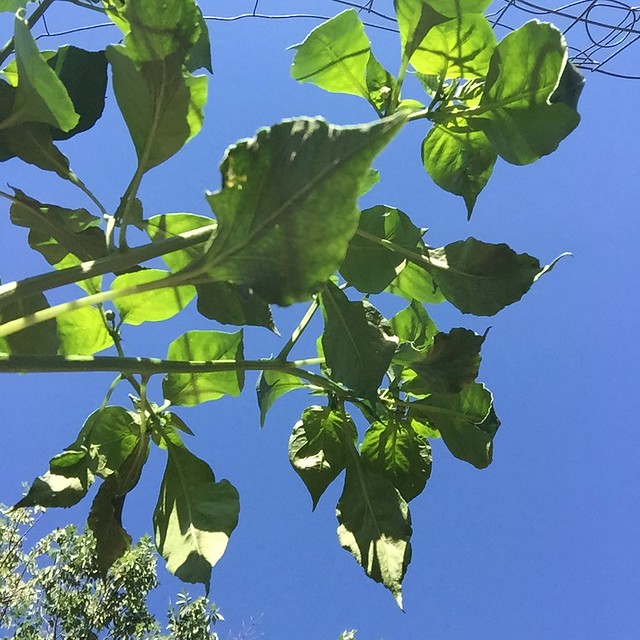
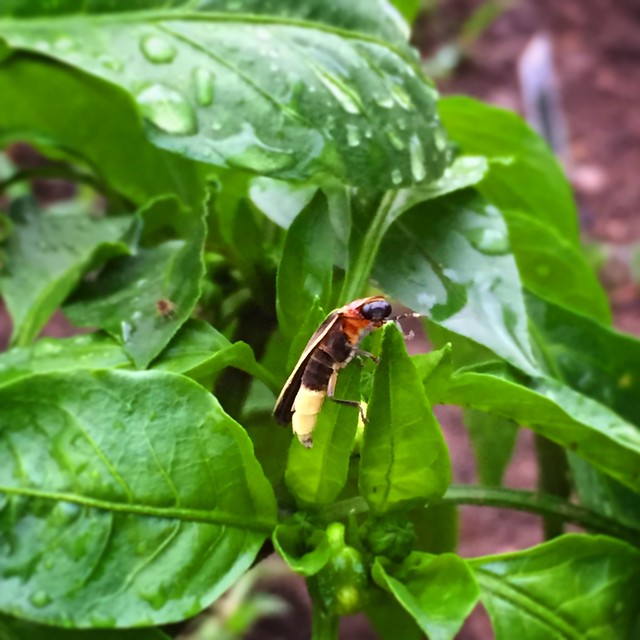
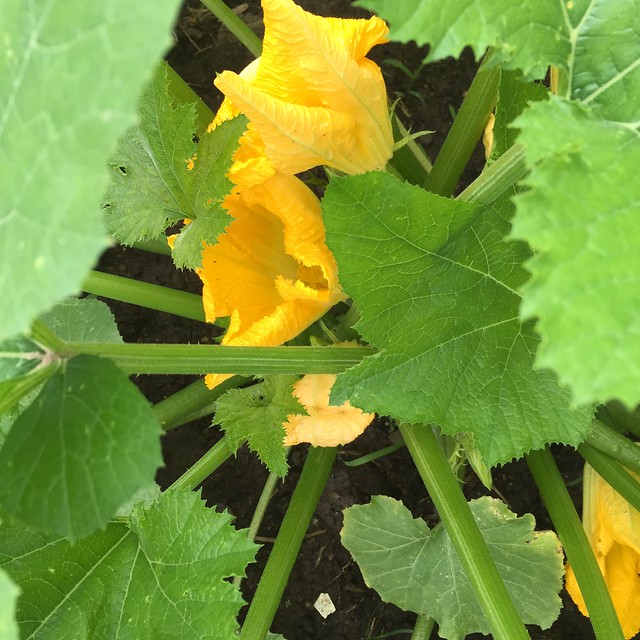
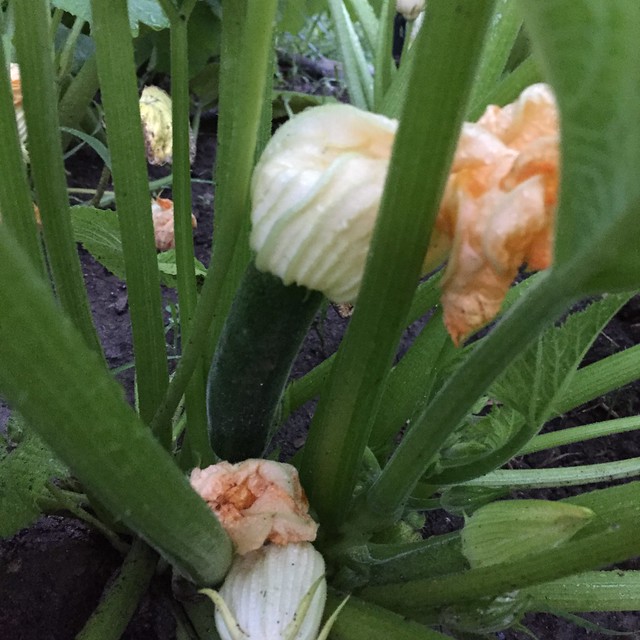
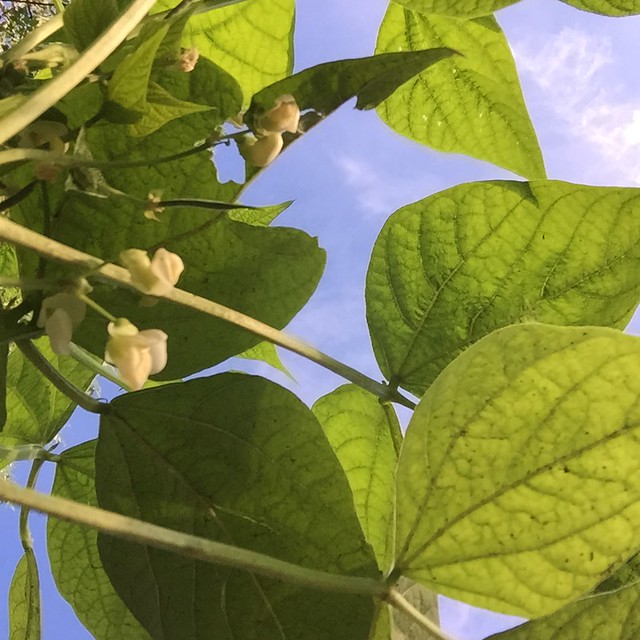
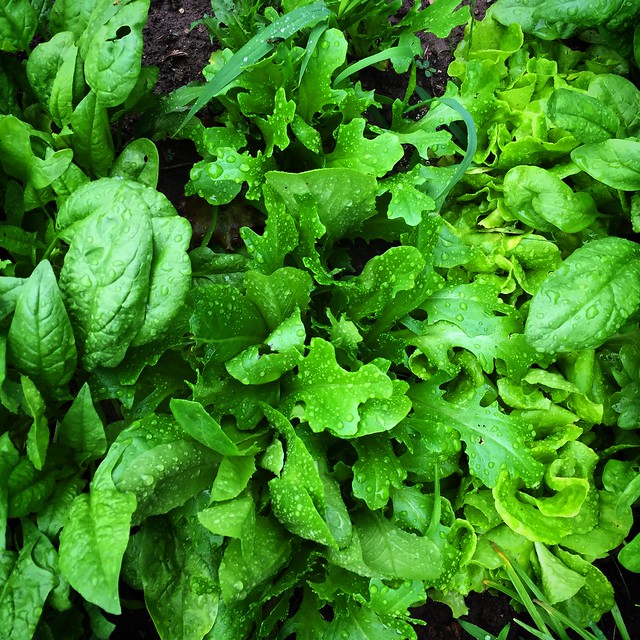
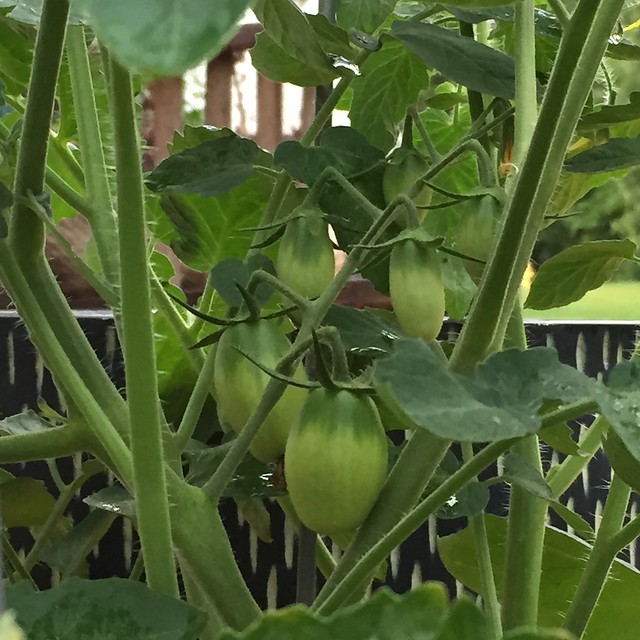
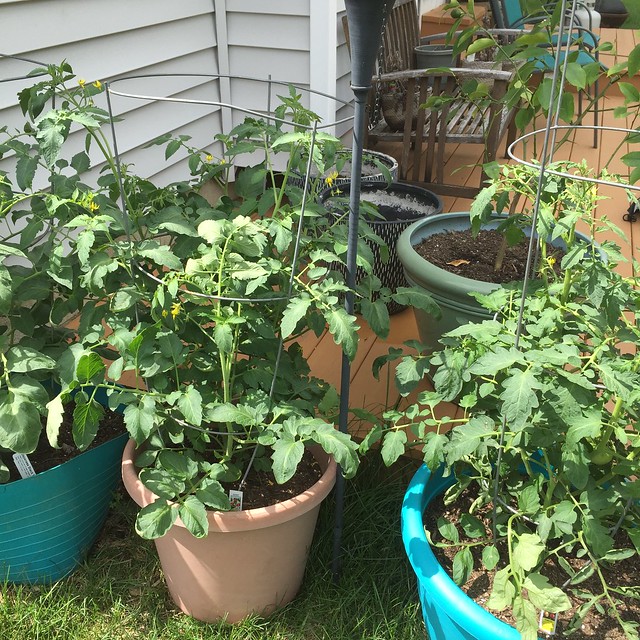

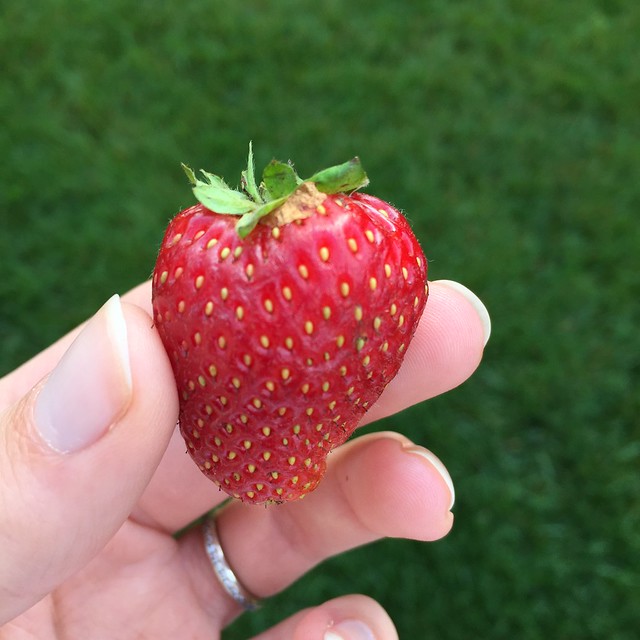
No comments:
Post a Comment